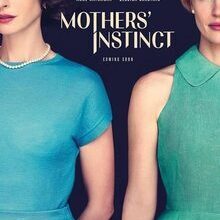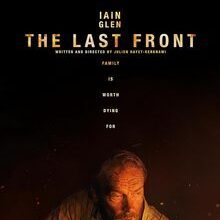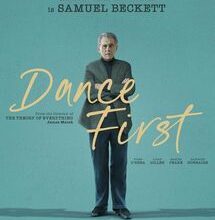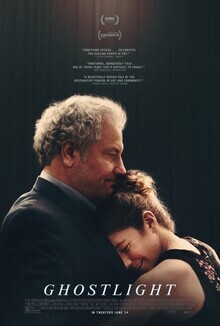
Ghostlight
Ghostlight
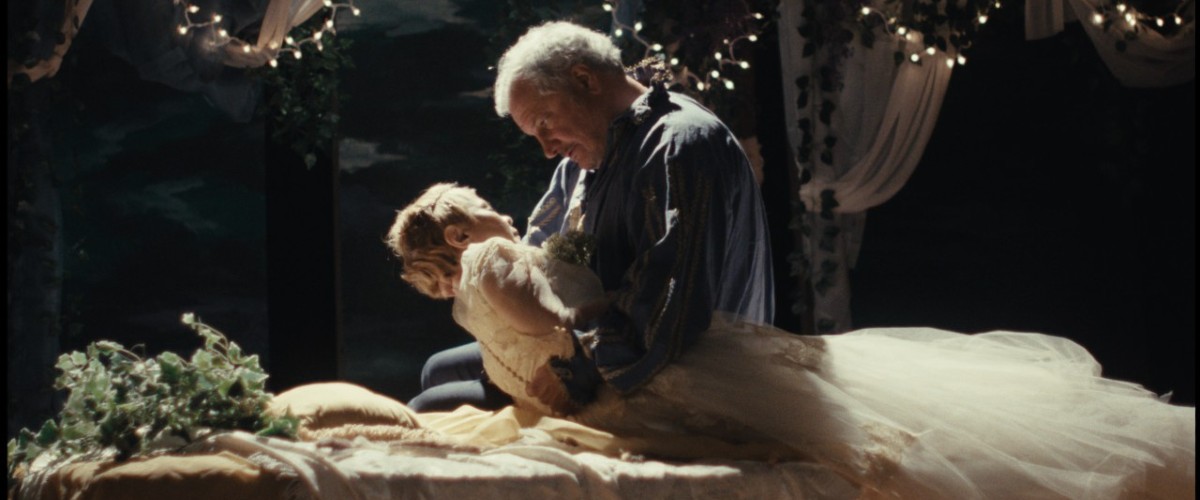
Now streaming on:
JustWatch
“Ghostlight,” which focuses on a construction worker drawn into a production of “Romeo and Juliet,” is a drama about traumatized people healing themselves with art. It’s messy in the way that life is messy. It’s one of those movies that simultaneously feels too long and not long enough. But there’s a purity and earnestness to what it’s doing that’s increasingly unusual in American independent cinema.
Co-directed by the Chicago-based filmmaking team of Kerry O’Sullivan and Alex Thompson (O’Sullivan wrote the script), the story focuses on a family played by an actual family of working actors. The father, Dan (Keith Kupferer), is a construction worker. He lives in a suburban neighborhood with his wife, Sharon (Tara Mallen), and their teenage daughter, Daisy (Katherine Mallen Kupferer). This is a troubled family. You can see that long before the movie reveals all the pieces of their trouble and lets you examine them.
Some viewers will be irritated by one of the qualities I found most intriguing about “Ghostlight”: you don’t really know what this family’s “deal” is, so to speak, until fairly deep in the film (I won’t say what it is; suffice to say it’s an unimaginable loss). For quite a long time, you can’t figure out why they’re all acting the way they are. Dan is sullen and a bit of a space case at work. He has a hair-trigger temper that suddenly erupts through his personal fog and causes severe problems. Daisy also has a temper and is being disciplined for an outburst at her school. She uses profanity in settings where nobody uses profanity and doesn’t care that a taboo is being violated. Sharon is a dutiful, attentive wife and mom who seems to be hanging on by a thread. In due time, you get little details about what happened to them, and the more you learn, the more you start to feel the weight of it yourself.
Dolly De Leon, a breakout in “Triangle of Sadness,” plays Rita, an actress in the aforementioned local troupe who gets to know Dan because his crew is doing loud construction near the theater and ends up being his entry point into a very low-budget community theater production of “Romeo and Juliet.” Even though Rita is in her 50s, she’s playing Juliet, and when the much younger actor playing Romeo complains that it feels weird, Dan, who stumbled into the group, gets recruited to fill in.
This is, unfortunately, the source of some of the film’s weakest moments. Dan is embarrassed both by getting involved in theater (he’s a strong-silent macho guy, for the most part) but also because it’s a romantic role that involves kissing (there’s a wonderful bit where the troupe’s director Lanora, played by Hanna Dworkin, apologizes for not being able to afford an intimacy coordinator, then guides the two actors through some basic intimacy exercises for the stage). It’s not so much the fact of Dan keeping his secret life a secret as the way that they expose it, which would’ve been a “big laugh” moment on a sitcom, and that doesn’t make a lot of sense when you think about who’s doing the discovering and what’s in the room when the moment happens. There is a sitcom tendency to a few scenes, many of them involving Daisy, who’s played by the younger Kupferer in a way that answers the question, “What if Joan Cusack and Nicolas Cage had a baby?” I.e., there’s an innate bigness to her acting even when she’s small.
But that also turns out to be the wellspring of many of the film’s delights. Daisy is a Force-of-Nature type character, barreling through everyone’s life like a petite tornado. Not only do you get used to her after a while, but you begin to appreciate that she (and the actress inhabiting her) never come at a scene or moment in quite the way you might expect. She’s so intense that even when her character is silently observing another character, waiting for her turn to speak, or just being part of a bigger moment, the eye is naturally drawn to her, because you know she’s thinking of five or six things at once.
The apple must not have fallen far from the tree(s): both the elder Kupferer and Mallen unpack previously hidden layers in Mom and Dad, and avoid obvious reactions and readings. Mallen has a strong scene near the end where Sharon chastises her husband for playing the hero while she’s doing the family’s grunt work that will ring uncomfortably true for many viewers. Daddy Kupferer, meanwhile, plays sadness in a way that’s refreshingly realistic. You understand why nobody around Dan understands the depths of his sorrow or can recognize the symptoms of a man who’s constantly on the edge of either cratering or exploding.
There were a fair number of English and Australian comedy-dramas made twenty to thirty years ago that explored the liberating and transformative power of art in the lives of people who never thought of themselves as creative, including “The Full Monty” and “Brassed Off.” Patrick Wang’s recent masterpieces “A Bread Factory Part 1” and “A Bread Factory Part 2” explored similar material in a more formally audacious way. “Ghostlight” is an honorable entry in that tradition. The movie has the good sense to let the actors articulate the meanings themselves by inhabiting the characters. It shows us their emotions rather than weighing everybody down with exposition or thematically reductive speeches that distill profundity into a bumper sticker or a meme.
“Ghostlight” doesn’t capitalize on all the rich possibilities of its premise. It would not surprise me to learn that there’s a three- or four-hour cut in the filmmakers’ draft folders. But I don’t think it’s lesser for failing to do everything it theoretically could have done. It seems to have been made intuitively, and it’s definitely onto something in how it expresses itself. It tests your patience early but becomes powerful as it goes along. The last thirty minutes hit hard, partly because you can’t precisely map all the different meanings and associations it calls up. You just have to let it be the thing it’s turning into, then make the decision to bond with it and let its emotions become yours.
Some of the elements that might initially seem odd become the source of great strength for the movie as drama, like the fact that the troupe has cast two middle-aged people as Romeo and Juliet (which might get older viewers to thinking about how the mind doesn’t age in the way that the body does) or the very idea that Romeo and Juliet would be the Shakespeare play that would connect this family to their grief in a way that would help them process it.
Turns out this was the right play for the family and the film that follows them. One of the many mysterious and wonderful things about art is that under the right circumstances, and thanks to the right group of talented people, you can become immersed in a piece that outwardly has zero connection to the details of your own life and suddenly realize, “Oh, my God—that’s me up there.”

Matt Zoller Seitz
Matt Zoller Seitz is the Editor at Large of RogerEbert.com, TV critic for New York Magazine and Vulture.com, and a finalist for the Pulitzer Prize in criticism.
Now playing
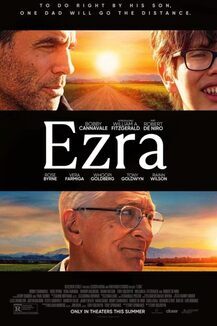
Ezra
Sheila O’Malley
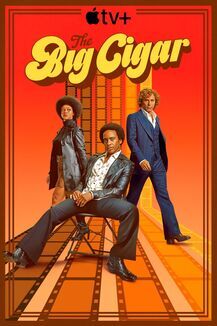
The Big Cigar
Robert Daniels
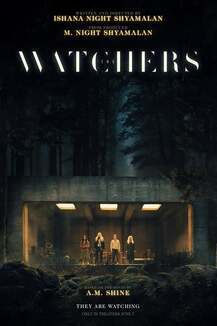
The Watchers
Peyton Robinson
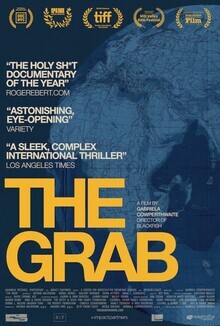
The Grab
Simon Abrams
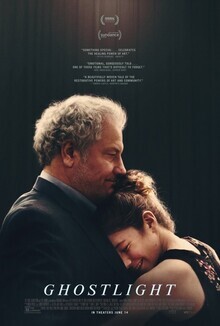
Ghostlight
Matt Zoller Seitz
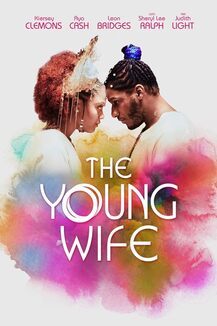
The Young Wife
Katie Rife
Film Credits
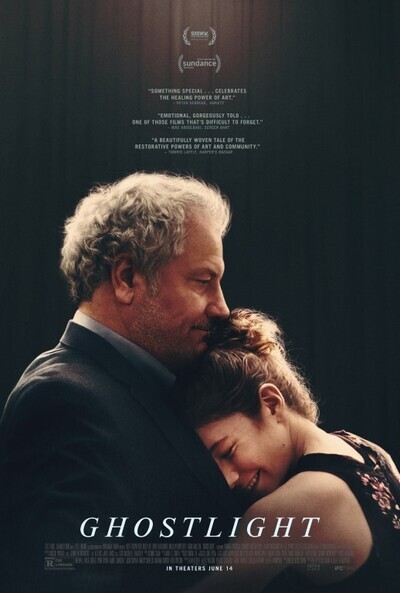
Ghostlight (2024)
115 minutes
Cast
Keith Kupfereras Dan Mueller
Katherine Mallen Kupfereras Daisy
Tara Mallenas Sharon
Dolly de Leonas Rita
Hanna Dworkinas Lanora
Dexter Zollicofferas Greg
Director
- Alex Thompson
- Kelly O’Sullivan
Writer
- Kelly O’Sullivan
Latest blog posts

The 2024 American Black Film Festival Announces Retrospective: Celebrating The Legacy Of Denzel Washington: Moderated by Chaz Ebert

Tribeca Film Festival 2024: 8 Highlights from This Year’s Event
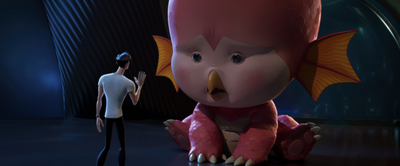
It’s Too Bad That Audience Pictures Like Ultraman: Rising Will Barely Be Seen in Theaters
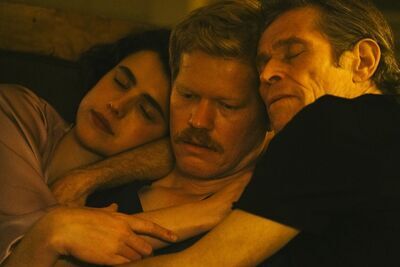
Jesse Plemons on Being Funny, Stepping Off the Ledge and Making ‘Kinds of Kindness’
Comments
comments powered by Disqus
